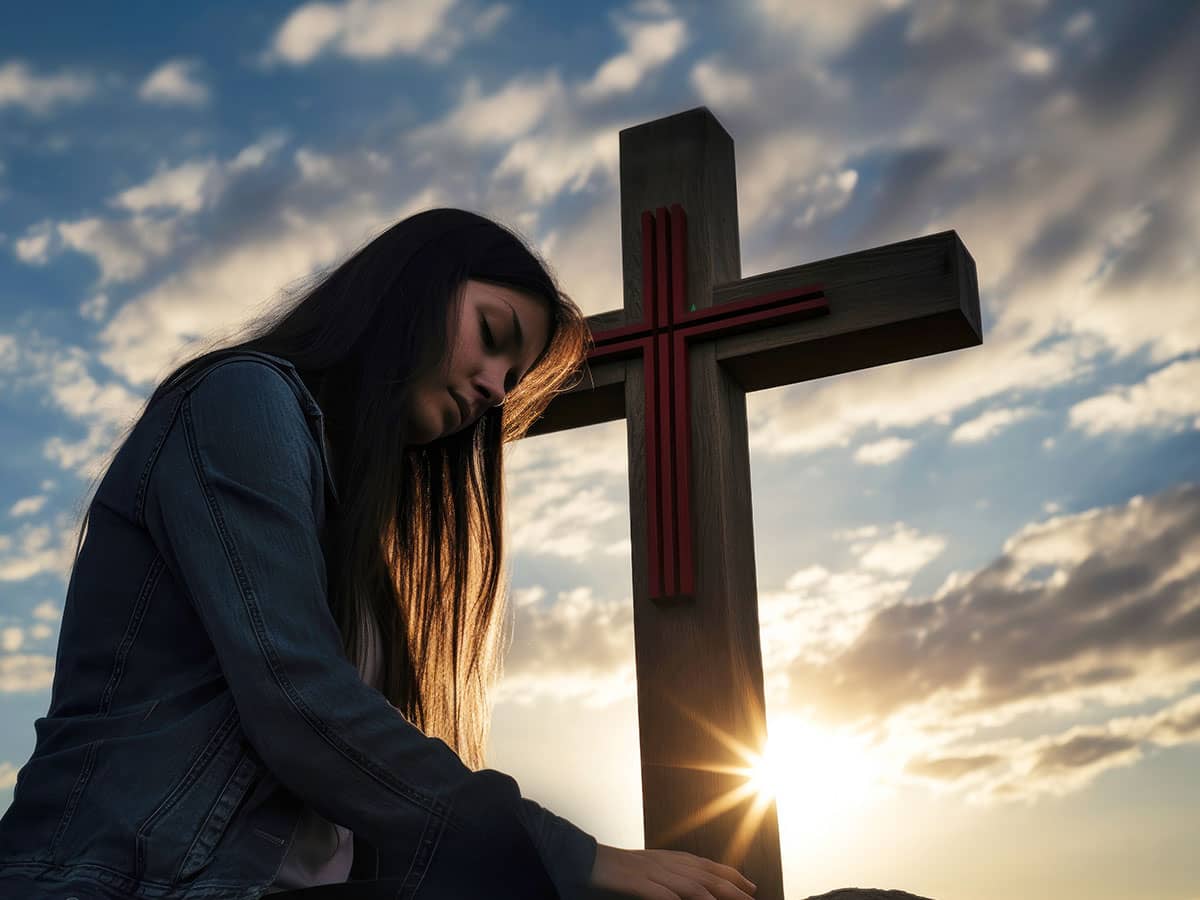A traditional menorah
Well, during a time of terrible conflict in Israel, there wasn’t enough oil to keep the lights on in Jerusalem’s Temple. But by God’s miracle, darkness did not prevail. So, to remember what happened: the Festival of Lights — Hanukkah or Chanukkah (but the “c” is silent).
A rabbi might wrinkle his brow and say there’s a lot more to the story — that in 165 BC, Jewish rebels led by Judah Maccabeus defeated the occupying Greek army and rededicated the Holy Temple in Jerusalem.
Finding only one jar of pure oil, they lit the sacred menorah, which miraculously burned for eight days.
Also — 1,100 years earlier — Moses and the Jewish people completed construction of the Tabernacle, the portable sanctuary that accompanied them during 40 years of wandering in the desert.
In memory of those two events, annually Jews around the world light a menorah, to commemorate the miracle of the oil, and its message that continues to illuminate our lives today.
Does Hannukah always occur on Christmas? No. Jewish holidays are governed by the traditional Hebrew lunar calendar. Hanukkah always begins on the 25th day of the Jewish month of Kislev, but since dates fluctuate on the lunar calendar, the first day of the holiday can
fall anywhere between Nov. 28 and Dec. 26.
To help you understand Hanukkah better, here is a musical version, provided by the irrepresible improvisational humor group, HaHafuch:


